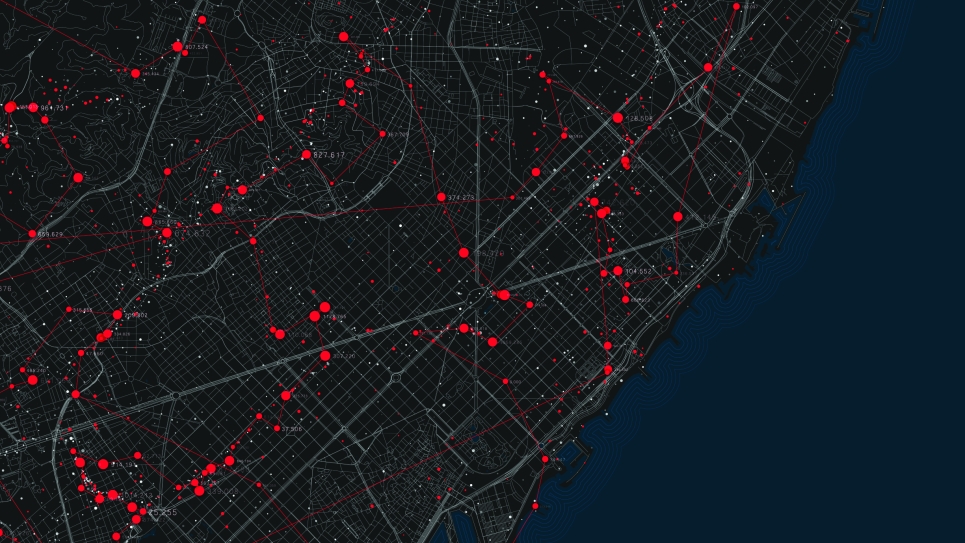
CyberGIS and Geospatial Artificial Intelligence
Geospatial discovery and innovation have been undergoing an extreme digital transformation enabled by artificial intelligence (AI) and cyberGIS during the past decade. This transformational trend seems likely to persist into the foreseeable future. Meanwhile cyberGIS has emerged as a new generation of geographic information science and systems (GIS) based on holistic integration of high-performance and distributed computing, data-driven knowledge discovery, visualization and visual analytics, and collaborative problem-solving capabilities. This presentation discusses challenges and opportunities for geospatial discovery and innovation to address an array of sustainability, energy, and environment challenges through synergistically advancing cyberGIS and geospatial AI.
Speaker Bio:
Shaowen Wang is a professor and head of the Department of Geography and Geographic Information Science; and an affiliate professor of the Department of Computer Science, Department of Urban and Regional Planning, and School of Information Sciences at the University of Illinois Urbana-Champaign (UIUC). He has served as founding director of the CyberGIS Center for Advanced Digital and Spatial Studies at UIUC since 2013, and as principal investigator and director of the NSF Institute for Geospatial Understanding through an Integrative Discovery Environment (I-GUIDE) since 2021.
His research interests include geographic information science and systems (GIS), advanced cyberinfrastructure and cyberGIS, complex social and environmental problems, computational and data sciences, geospatial science and technology, high-performance and distributed computing, and spatial analysis and modeling. He received the NSF CAREER Award in 2009. He is a Fellow of the American Association for the Advancement of Science (AAAS) and Fellow of the American Association of Geographers (AAG). He received the 2022 AAG Distinguished Scholarship Honors. He served as President of the University Consortium for Geographic Information Science from 2016 to 2017, and as a member of the Board on Earth Sciences and Resources of the National Academies of Sciences, Engineering, and Medicine from 2015 to 2020. He received a B.S. in Computer Engineering from Tianjin University, an M.S. in Geography from Peking University, and a Master of Computer Science and a Ph.D. in Geography from the University of Iowa.
Zoom Link: https://argonne.zoomgov.com/j/1609122862?pwd=U1plRVN0OHJta1FxcllzbndpYT…